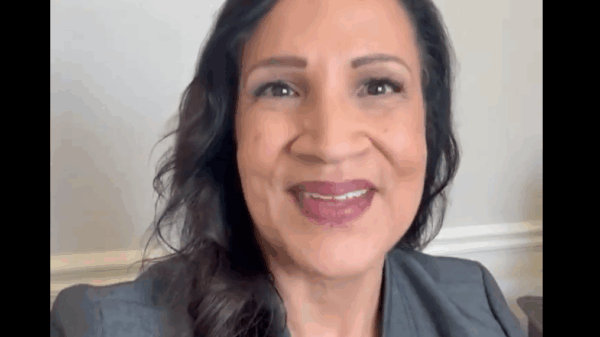House Speaker Mike Johnson is facing legal action after refusing to swear in Adelita Grijalva, the newly elected congresswoman from Arizona’s 7th district. Grijalva, a Democrat, won her seat over a month ago to succeed her late father, Raúl Grijalva, in the U.S. House of Representatives. With constituents waiting for representation, Arizona has initiated a lawsuit against Johnson to compel him to fulfill his duty.
Grijalva’s election has sparked controversy, particularly regarding her intention to support a bipartisan discharge petition aimed at releasing all investigative files related to the late financier Jeffrey Epstein. This petition requires at least 218 signatures to proceed directly to a full vote, bypassing any objections from the Speaker. Johnson’s refusal to seat Grijalva has raised questions about his motives, especially given the sensitive nature of the documents involved.
In August 2023, Johnson and other Republican leaders adjourned a session prematurely, heightening suspicions about their desire to control the release of information pertaining to Epstein, who was linked to numerous high-profile individuals, including former President Donald Trump. This situation reflects an alarming trend where procedural measures are employed to delay or obstruct the democratic process.
The role of the House Speaker in the swearing-in process is intended to be ceremonial. The decision to seat a new member ultimately lies with the electorate, not the Speaker. As the federal judiciary has increasingly intervened in matters of executive power, it may soon find itself needing to address this situation. Historically, the U.S. Supreme Court has ruled on similar matters, notably in the 1969 Powell vs. McCormack case. The court ruled in a 7-1 decision that then-Speaker John McCormack could not refuse to seat Rep. Adam Clayton Powell Jr., who met all the legal requirements for membership.
The current standoff in Arizona raises important questions about the integrity of the electoral process. Voters chose Grijalva to represent them, and her refusal to be seated undermines their decision. As the legal proceedings unfold, it remains clear that the principles of democracy must be upheld, ensuring that every elected representative has the opportunity to serve their constituents. It is now imperative for Johnson to comply with the constitutional mandate and allow Grijalva to take her rightful place in the House of Representatives.







































































